Browse
By Subject: Colonial History
View: By Date | Alphabetical | eBooks | Paperbacks
-
 Published October 2003
Published October 2003 The Abolitions of Slavery
From the L. F. Sonthonax to Victor Schoelcher, 1793, 1794, 1848
Dorigny, M. (ed)
Subjects: Colonial History History: 18th/19th Century
Pb -
 Published July 1996
Published July 1996 African Crossroads
Intersections between History and Anthropology in Cameroon
Fowler, I. & Zeitlyn, D. (eds)
Subjects: Anthropology (General) Colonial History
Hb
Paperback available -
eBook available
 Published April 2022
Published April 2022 African Political Systems Revisited
Changing Perspectives on Statehood and Power
Bošković, A. & Schlee, G. (eds)
Reexamining a classical work of Social Anthropology, African Political Systems (1940), edited by Fortes and Evans-Pritchard, this book looks at the colonial and academic context from which the work arose, as well as its reception and its subject matter and looks at how the work can help with analysis of current politics in Africa.
Subjects: Political and Economic Anthropology Colonial History Development Studies
Hb
Paperback available -
eBook available
 Published December 2023
Published December 2023 Agency and Archaeology of the French Maritime Empire
Gauthier-Bérubé, M. & Dempsey, A. (eds)
Through detailed archaeological case study, a multiregional approach and a theoretical approach around agencies and individuality, this volume focuses on the diversity of the population that participated in the maritime network of France through the 17th to the 19th century and whose agency and importance is often overlooked.
Subjects: Archaeology Colonial History Political and Economic Anthropology
Hb -
eBook available
 Published March 2023
Published March 2023 Anthropology, Nationalism and Colonialism
Mendes Correia and the Porto School of Anthropology
Ferraz de Matos, P.
Contributing to the history of anthropology, this book looks at the Porto School of Anthropology and analyses the life and work of its main mentor – Mendes Correia (1888-1960). Focused on Portugal, the analysis is also comparative with other international contexts.
Subjects: Anthropology (General) Colonial History Political and Economic Anthropology
Hb
Paperback available -
 Forthcoming June 2026
Forthcoming June 2026 Artisanal and Small-Scale Mining Formalization in Ghana
A Decolonial and Legal Pluralist Analysis
Mensah, L.
The historical emergence of centralised mineral resource governance in Ghana can be tied to its failed colonially transplanted legal system. This book offers a reflection of artisanal and small-scale mining (ASM) formalisation, with a focus on its complex operationalisation in formerly colonized societies, to consider environmental responsibility and accountability in the administration of access to mineral rights.
Subjects: Political and Economic Anthropology Colonial History Sustainable Development Goals
-
 Published December 2016
Published December 2016 Between Blood and Gold
The Debates over Compensation for Slavery in the Americas
Beauvois, F.
Lost among current debates over slavery reparations is the fact that such payments were once widespread—except the “victims” were not slaves, but slaveholders deprived of their labor. This landmark study analyzes the debates over compensation within France and Great Britain, establishing a compelling analysis of the Atlantic slave trade’s aftermath.
Subjects: History: 18th/19th Century History (General) Colonial History
Hb -
 Published October 2011
Published October 2011 Beyond Conversion and Syncretism
Indigenous Encounters with Missionary Christianity, 1800-2000
Lindenfeld, D. & Richardson, M. (eds)
Subjects: Anthropology of Religion Anthropology (General) Colonial History
Hb -
 Forthcoming February 2026
Forthcoming February 2026 Black Lisbon
The Making of Anticolonial Internationalism in Portugal, 1910-1940
Cleminson, R.
An analysis of how ‘race’ and nation were conceptualised, mobilised and lived by colonised black Africans in Lisbon and in the Portuguese colonies across time.
Subjects: Colonial History History: 20th Century to Present Cultural Studies (General) Mobility Studies
-
eBook available
 Published September 2022
Published September 2022 Borders in East and West
Transnational and Comparative Perspectives
Berger, S. & Hashimoto, N. (eds)
The different ways of understanding borders, through culture, politics, or even religion, is transforming and requires multi-disciplinary approaches the complexity of interactions and tensions that may arise. Borders in East and West focuses on the relationships between Europe and East Asia through comparative case studies to challenge discourses and build new perspectives.
Subjects: History: 20th Century to Present History: 18th/19th Century Colonial History
Hb
Paperback available -
 Published December 2001
Published December 2001 Cameroon's Tycoon
Max Esser's Expedition and its Consequences
Chilver, E. M. & Röschenthaler, U. (eds)
Subjects: Anthropology (General) Colonial History
Hb
Paperback available -
eBook available
 Published October 2020
Published October 2020 Captives, Colonists and Craftspeople
Material Culture and Institutional Power in Malta, 1600–1900
Palmer, R.
This innovative study draws on both archival evidence and archeological research to compare Malta’s experience under the regimes of the Knights of St. John from 1530 to 1798 and afterward as a maritime outpost of the British Empire in terms of such topics as slavery, the control of resources, and globalization.
Subjects: Colonial History Archaeology
Hb -
 Forthcoming February 2026
Forthcoming February 2026 Christianity, Colonialism and Indigenous History in French Polynesia
Advance into Past
Misaki, M.
This book illustrates how indigenous Christians perceive social change and how their historical perceptions inform the creation of their own Christianity in an increasingly modernised French Polynesian society.
Subjects: Anthropology of Religion Colonial History Sociology
-
 Published April 2006
Published April 2006 Claims to Memory
Beyond Slavery and Emancipation in the French Caribbean
Reinhardt C.
Subjects: Colonial History Cultural Studies (General) Memory Studies
Hb
Paperback available -
eBook available
 Published February 2020
Published February 2020 Colonial Seeds in African Soil
A Critical History of Forest Conservation in Sierra Leone
Munro, P.
Drawing upon the fields of environmental history and political ecology, Colonial Seeds in African Soil unravels the complex forest conservation history of Sierra Leone during the 20th century. It grounds a broader trans-national history of Empire Forestry with a case study focused on Sierra Leone, examining how colonial ideas shaped forest conservation in West Africa.
Subjects: Environmental Studies (General) Colonial History History: 20th Century to Present
Hb -
 Published February 2013
Published February 2013 The Colours of the Empire
Racialized Representations during Portuguese Colonialism
Matos, P. F. de
Subjects: Anthropology (General) Colonial History
Hb -
eBook available
 Published January 2021
Published January 2021 Commerce as Politics
The Two Centuries of Struggle for Basotho Economic Independence
Maliehe, S. M.
This is the first comprehensive economic history of the Basotho people of Southern Africa and spans from the 1820s to the present day. The book documents what the Basotho have done on their own account, focusing on their systematic exclusion from trade and their political efforts to insert themselves into their country’s commerce.
Subjects: History (General) Political and Economic Anthropology Colonial History
Hb -
 Published March 2014
Published March 2014 Connecting Histories of Education
Transnational and Cross-Cultural Exchanges in (Post)Colonial Education
Bagchi, B., Fuchs, E. & Rousmaniere, K. (eds)
The history of education in the modern world is a history of transnational and cross-cultural influence. This collection explores those influences in (post) colonial and indigenous education across different geographical contexts. The authors emphasize how local actors constructed their own adaptation of colonialism, identity, and autonomy, creating a multi-centric and entangled history of modern education. In both formal as well as informal aspects, they demonstrate that transnational and cross-cultural exchanges in education have been characterized by appropriation, re-contextualization, and hybridization, thereby rejecting traditional notions of colonial education as an export of pre-existing metropolitan educational systems.
Subjects: Colonial History Educational Studies Cultural Studies (General)
Hb -
eBook available
 Published August 2017
Published August 2017 Cooperation and Empire
Local Realities of Global Processes
Bührer, T., Eichmann, F., Förster, S. & Stuchtey, B. (eds)
The contributions to this volume revisit Ronald E. Robinson’s theory of colonial collaboration in a range of historical contexts by melding it with theoretical perspectives derived from postcolonial studies and transnational history. Its case studies range globally over the course of four centuries, exploring the varied, complex interactions between imperial and local actors.
Subjects: Colonial History History (General)
Hb -
eBook available
 Published December 2024
Published December 2024 Correcting the Record
Essays on the History of American Anthropology
Lewis, H. S.
The critique of twentieth-century American anthropology often portrays anthropologists of the past as servants of colonialism who “extracted” information from indigenous peoples and published works causing them harm. This volume presents powerful refutations of these damaging myths.
Subjects: Anthropology (General) Theory and Methodology Colonial History
Hb -
 Published March 2014
Published March 2014 Creole Identity in Postcolonial Indonesia
Knörr, J.
Contributing to identity formation in ethnically and religiously diverse postcolonial societies, this book examines the role played by creole identity in Indonesia, and in particular its capital, Jakarta. While, on the one hand, it facilitates transethnic integration and promotes a specifically postcolonial sense of common nationhood due to its heterogeneous origins, creole groups of people are often perceived ambivalently in the wake of colonialism and its demise, on the other. In this book, Jacqueline Knörr analyzes the social, historical, and political contexts of creoleness both at the grassroots and the State level, showing how different sections of society engage with creole identity in order to promote collective identification transcending ethnic and religious boundaries, as well as for reasons of self-interest and ideological projects.
Subjects: Anthropology (General) Colonial History
Hb
Paperback available -
eBook available
 Published April 2018
Published April 2018 A Creole Nation
National Integration in Guinea-Bissau
Kohl, C.
Despite high degrees of cultural and ethnic diversity as well as prevailing political instability, Guinea-Bissau’s population has developed a strong sense of national belonging. By examining contemporary and historical perspectives, A Creole Nation explores how creole identity, culture, and political leaders have influenced postcolonial nation-building processes in Guinea-Bissau.
Subjects: Anthropology (General) Colonial History Political and Economic Anthropology
Hb
Paperback available -
eBook available
 Published June 2019
Published June 2019 Crossing Histories and Ethnographies
Following Colonial Historicities in Timor-Leste
Roque, R. & Traube, E. G. (eds)
Brings together different generations of Timor-Leste scholars into dialogue to reconsider a diversity of such critical topics as the incorporation of strangers, the meanings of colonial documents, the value of sacred heirlooms, or the remembering (and forgetting) of colonial violence.
Subjects: Anthropology (General) Colonial History Sociology
Hb
Paperback available -
eBook available
 Published November 2025
Published November 2025 Decolonizing Europe
Ethnographies of National and Transnational Projects
Ferraz de Matos, P. & Sansone, L. (eds)
This volume explores how race, colonial legacies, and structural inequality are addressed across diverse European contexts – north, central, eastern and southern – as well as in their entanglements with regions beyond Europe. It offers critical, grounded insights into the possibilities and challenges of decolonial thinking today.
Subjects: Political and Economic Anthropology Colonial History
Hb -
 Published May 2006
Published May 2006 The Dutch-Munsee Encounter in America
The Struggle for Sovereignty in the Hudson Valley
Otto, P.
Subjects: History: Medieval/Early Modern Colonial History Refugee and Migration Studies
Hb -
 Published March 2004
Published March 2004 An Earth-colored Sea
'Race', Culture and the Politics of Identity in the Post-Colonial Portuguese-Speaking World
Vale de Almeida, M.
Subjects: Colonial History Anthropology (General) Sociology
Hb
Paperback available -
eBook available
 Published September 2022
Published September 2022 Edible People
The Historical Consumption of Slaves and Foreigners and the Cannibalistic Trade in Human Flesh
Siefkes, C.
While human cannibalism has attracted considerable notice and controversy, certain aspects of the practice have received scant attention. These include the connection between cannibalism and xenophobia: the capture and consumption of unwanted strangers. Likewise ignored is the connection to slavery: the fact that in some societies slaves and persons captured in slave raids could be, and were, killed and eaten. This book explores these largely forgotten practices and ignored connections.
Subjects: Food & Nutrition Anthropology (General) Colonial History
Hb -
eBook available
 Published October 2007
Published October 2007 Empire and After
Englishness in Postcolonial Perspective
MacPhee, G. & Poddar, P. (eds)
Subjects: Colonial History Cultural Studies (General) Memory Studies
Hb
Paperback available -
eBook available
 Published June 2008
Published June 2008 Empire, Colony, Genocide
Conquest, Occupation, and Subaltern Resistance in World History
Moses, A. D. (ed)
Subjects: Genocide History Colonial History
Hb
Paperback available -
eBook available
 Published June 2013
Published June 2013 Empire, Global Coloniality and African Subjectivity
Ndlovu-Gatsheni, S. J.
The author’s sharply critical perspective reveals how an epistemology of alterity has kept Africa ensnared within colonial matrices of power, serving to justify external interventions in African affairs, including the interference with liberation struggles and disregard for African positions. Evaluating the quality of African responses and available options, the author opens up a new horizon that includes cognitive justice and new humanism.
Subject: Colonial History
Hb
Paperback available -
 Published July 2009
Published July 2009 Encounter, Transformation, and Identity
Peoples of the Western Cameroon Borderlands, 1891-2000
Fowler, I. & Fanso, V. (eds)
Subjects: Anthropology (General) Colonial History
Hb -
 Published March 2025
Published March 2025 Encountering the Global in Early Modern Germany
Microhistories of Mobility, Materiality, and Belonging
Brauner, C., Dürr, R., Hahn, P., Overkamp, A. S., & Siemianowski, S. (eds)
An exacting re-examination of early modern Germany’s entanglement with European colonial projects, Encountering the Global in Early Modern Germany provides a much-needed global perspective on the colonial “cult of connections” that underpinned early modern Germany’s social, religious, and material culture.
Subjects: History: Medieval/Early Modern Colonial History Refugee and Migration Studies
-
eBook available
 Published June 2022
Published June 2022 Ethnographers Before Malinowski
Pioneers of Anthropological Fieldwork, 1870-1922
Rosa, F. & Vermeulen, H. F. (eds)
At a time when anthropologists claim new ethnographic experiences, a second chance should be given to older ethnographic texts. Recovering monographs produced c.1870-1922 that dispute canonic models of writing culture, the present volume challenges the assumption that fieldwork carried out within a single context by a single individual, with its corresponding output, the monograph, was a twentieth-century invention.
Subjects: Anthropology (General) History (General) Colonial History
Hb
Paperback available -
eBook available
 Published June 2014
Published June 2014 The Ethnographic Experiment
A.M. Hocart and W.H.R. Rivers in Island Melanesia, 1908
Hviding, E. & Berg, C. (eds)
In 1908 Arthur Maurice Hocart and William Halse Rivers Rivers brought about a turning point in modern anthropology. The two pioneers’ fieldwork in Island Melanesia brought about the development of participant observation as a methodological hallmark of social anthropology. Contributors to this volume—who have all carried out fieldwork in Melanesian locations—situate the scholars’ efforts in the contexts of colonial history, imperialism, the history of ideas and scholarly practice within and beyond anthropology.
Subjects: Anthropology (General) Colonial History
Hb
Paperback available -
eBook available
 Published August 2017
Published August 2017 European Anthropologies
Barrera-González, A., Heintz, M. & Horolets, A. (eds)
By assessing the diversity of European intellectual histories within sociocultural anthropology, this volume aims to sketch its intellectual and institutional portrait. It will be a useful reading for the students of anthropology, ethnology, history and philosophy of science, research and science policy makers.
Subjects: Anthropology (General) Theory and Methodology Colonial History
Hb
Paperback available -
eBook available
 Published May 2023
Published May 2023 Exchange and Markets in Early Economic Development
Informal Economy in the Three New Guineas
Conroy, J. D.
The idea of an informal economy emerged from, and is a critique of, the ideology of ‘economic development’. It originated from Keith Hart’s recognition of informal economic activity in 1960s Ghana. In the context of four colonialisms – German, British, Australian and Dutch – this book recounts Hart’s effort in 1972 to introduce the informal ‘sector’ into development planning in Papua New Guinea.
Subjects: Political and Economic Anthropology Development Studies Colonial History
Hb -
eBook available
 Published November 2018
Published November 2018 Explorations and Entanglements
Germans in Pacific Worlds from the Early Modern Period to World War I
Berghoff, H., Biess, F., & Strasser, U. (eds)
Explorations and Entanglements reconstructs the German elements in the overlapping cultural circuits and complex oceanic transits of the “Pacific Worlds.” It concentrates on the pre-1914 period and encompasses scientific, cultural, religious and commercial exchanges. It opens a gate to a fascinating and hitherto much neglected arena of transnational encounters.
Subjects: History: 18th/19th Century History: 20th Century to Present Colonial History
Hb
Paperback available -
 Published August 2001
Published August 2001 From Chains to Bonds
The Slave Trade Revisited
Diène, D. (ed)
Subject: Colonial History
Hb
Paperback available -
eBook available
 Published October 2004
Published October 2004 Genocide and Settler Society
Frontier Violence and Stolen Indigenous Children in Australian History
Moses, A. D. (ed)
Subjects: Genocide History Colonial History
Hb
Paperback available -
 Published June 2015
Published June 2015 Genocide on Settler Frontiers
When Hunter-Gatherers and Commercial Stock Farmers Clash
Adhikari, M. (ed)
European colonial conquest included many instances of indigenous peoples being exterminated. Cases where invading commercial stock farmers clashed with hunter-gatherers were particularly destructive, often resulting in a degree of dispossession and slaughter that destroyed the ability of these societies to reproduce themselves.
Subjects: Genocide History Colonial History
Hb -
eBook available
 Published June 2021
Published June 2021 German Rule, African Subjects
State Aspirations and the Reality of Power in Colonial Namibia
Zimmerer, J.
This classic study, now available for the first time in English, explains how German colonial ambitions foundered in present-day Namibia. As it shows, the highly rationalized planning of Wilhelmine authorities could not accommodate the practical, lived realities of both colonizer and colonized.
Subjects: Colonial History History: 20th Century to Present
Hb
Paperback available -
eBook available
 Published July 2013
Published July 2013 Germany and the Black Diaspora
Points of Contact, 1250-1914
Honeck, M., Klimke, M., & Kuhlmann, A. (eds)
Subjects: History: Medieval/Early Modern History: 18th/19th Century Colonial History
Hb
Paperback available -
eBook available
 Published December 2007
Published December 2007 Hannah Arendt and the Uses of History
Imperialism, Nation, Race, and Genocide
King, R. H. & Stone, D. (eds)
Subjects: Genocide History Colonial History History: 20th Century to Present
Hb
Paperback available -
 Published September 2016
Published September 2016 Health and Difference
Rendering Human Variation in Colonial Engagements
Widmer, A. & Lipphardt, V. (eds)
In this volume, contributors follow physicians, demographers, nutrition experts, physical anthropologists, colonial agents, military officials and missionaries in colonies all over the globe, with specific attention to how they tried to sort out pressing health problems of populations they perceived to be diverse.
Subjects: Medical Anthropology Colonial History
Hb -
 Published September 2003
Published September 2003 The Historical Practice of Diversity
Transcultural Interactions from the Early Modern Mediterranean to the Postcolonial World
Hoerder, D., Harzig, C. & Shubert, A. (eds)
Subjects: History: Medieval/Early Modern Cultural Studies (General) Colonial History
Hb -
 Published January 2001
Published January 2001 Hunting the Gatherers
Ethnographic Collectors, Agents, and Agency in Melanesia 1870s-1930s
O'Hanlon, M. & Welsch, R. (eds)
Subjects: Museum Studies Theory and Methodology Colonial History Heritage Studies
Hb
Paperback available -
eBook available
 Published August 2020
Published August 2020 Imperial Culture and Colonial Projects
The Portuguese-Speaking World from the Fifteenth to the Eighteenth Centuries
Curto, D. R.
In a series of illuminating case studies, Curto follows the history and perception of major Portuguese colonial initiatives while integrating the complex perspectives of participating agents to show how the empire’s life and culture were richly inflected by the operations of imperial expansion.
Subjects: History: Medieval/Early Modern Colonial History
Hb -
 Published May 2015
Published May 2015 Imperial Projections
Screening the German Colonies
Fuhrmann, W.
Scandals and economic stagnation in the colonies demanded a new and positive image of their value for Germany. By promoting business and establishing a new genre within the fast growing film industry, films of the colonies triggered patriotic feelings but also addressed the audience as travelers, explorers, wildlife protectionists, and participants in unique cultural events.
Subjects: Film and Television Studies Colonial History
Hb
Paperback available -
 Published August 2006
Published August 2006 In Search of Salt
Changes in Beti (Cameroon) Society, 1880-1960
Quinn, F.
Subjects: Anthropology (General) Colonial History
Hb -
 Published March 2022
Published March 2022 Indigenous Resurgence
Decolonialization and Movements for Environmental Justice
Dhillon, J.
Indigenous peoples around the world are standing up and speaking out against global capitalism to protect the land, water, and air. By placing Indigenous politics, histories, and ontologies at the center of our social movements for environmental justice, Indigenous Resurgence positions environmental justice within historical, social, political, and economic contexts.
Subjects: Environmental Studies (General) Applied Anthropology Colonial History Sustainable Development Goals
Paperback available -
eBook available
 Published February 2025
Published February 2025 The Island of the Pope
Catholics in the Aegean Archipelago between Empire and Nation-State, 1770-1830
Kousouris, D.
This illuminating re-examination of Syros’s transition into a major commercial hub following the Greek War of Independence revises the conventional understanding of the island’s demographic history, highlighting how, rather than withdraw, the native Catholic community adjusted and integrated into the new Greek nation-state.
Subjects: History: 18th/19th Century Colonial History Refugee and Migration Studies
Hb -
 Published March 2001
Published March 2001 The Jews and the Expansion of Europe to the West, 1450-1800
Bernardini, P. & Fiering, N. (eds)
Subjects: Jewish Studies History: Medieval/Early Modern Colonial History Refugee and Migration Studies
Hb
Paperback available -
 Published July 1996
Published July 1996 Kingdom on Mount Cameroon
Studies in the History of the Cameroon Coast 1500-1970
Ardener, E.
Subjects: Anthropology (General) Colonial History
Hb
Paperback available -
 Published April 2000
Published April 2000 The Language Encounter in the Americas, 1492-1800
Gray, E. & Fiering, N. (eds)
Subjects: History: Medieval/Early Modern Colonial History Cultural Studies (General) Refugee and Migration Studies
Hb
Paperback available -
 Published December 2016
Published December 2016 Legacies of Violence
Rendering the Unspeakable Past in Modern Australia
Mason, R. (ed)
Whether in the form of warfare, forced migration, or social prejudice, Australia’s sense of nationhood was born from experiences of violence. Legacies of Violence probes this brutal legacy through case studies that range from the colonial frontier to modern domestic spaces, exploring empathy, isolation, and Australians’ imagined place in the world.
Subjects: History: 20th Century to Present History: 18th/19th Century Colonial History
Hb -
 Published December 2006
Published December 2006 Lela in Bali
History through Ceremony in Cameroon
Fardon, R.
Subjects: Anthropology (General) Performance Studies Colonial History
Hb -
eBook available
 Published April 2019
Published April 2019 Luso-Tropicalism and Its Discontents
The Making and Unmaking of Racial Exceptionalism
Anderson, W., Roque, R., & Ventura Santos, R. (eds)
The Portuguese-speaking Global South, especially Brazil, often envisions itself as exceptional in its racial conceptions and politics. Luso-Tropicalism and Its Discontents reassesses Gilberto Freyre’s influential claims that Portuguese colonialism produced what came to be called “racial democracy,” and explores racialization beyond the common trope of “race-mixing.”
Subjects: Colonial History History: 20th Century to Present Sociology
Hb
Paperback available -
eBook available
 Published September 2018
Published September 2018 Medicinal Rule
A Historical Anthropology of Kingship in East and Central Africa
Stroeken, K.
Based on ethnography-driven regional comparison and a critical re-examination of classic monographs on some forty cultural groups, this volume makes the arresting claim that across equatorial Africa, the model of rule has been medicine – and not (as Europeans have long assumed) the colonizer’s despotic administrator, the missionary’s divine king, or Vansina’s big man.
Subjects: Anthropology (General) Colonial History
Hb
Paperback available -
 Published December 2002
Published December 2002 Memoirs of a Mbororo
The Life of Ndudi Umaru: Fulani Nomad of Cameroon
Bocquene, H.
Subjects: Anthropology (General) Colonial History Memory Studies Literary Studies
Hb -
eBook available
 Published April 2021
Published April 2021 Merchant Kings
Corporate Governmentality in the Dutch Colonial Empire, 1815–1870
Schrauwers, A.
Merchant Kings offers an interdisciplinary exploration of the rapid industrialization of the Netherlands and its colonial holdings in Java during the nineteenth century. By placing colony and metropole into a single analytical frame, it offers a bracing new approach to understanding the development of modern corporations within the context of empire.
Subjects: Colonial History History: 18th/19th Century Political and Economic Anthropology
Hb -
 Published January 2014
Published January 2014 Metallic Modern
Everyday Machines in Colonial Sri Lanka
Wickramasinghe, N.
Subjects: Colonial History Cultural Studies (General) Development Studies
Hb -
eBook available
 Published July 2016
Published July 2016 The Nature of German Imperialism
Conservation and the Politics of Wildlife in Colonial East Africa
Gissibl, B.
This is the first book-length study analyzing the origins of Tanzania’s wildlife conservation under German colonial rule. It examines the shift of wildlife policies from exploitation to preservation. By situating East Africa’s conservation in a global context, The Nature of German Imperialism shows how colonial policy helped to shape international conservationist efforts.
Subjects: Colonial History Environmental Studies (General)
Hb
Paperback available -
 Published November 2014
Published November 2014 Navigating Colonial Orders
Norwegian Entrepreneurship in Africa and Oceania
Kjerland, K. A. & Bertelsen, B. E. (eds)
Norwegians in colonial Africa and Oceania had varying aspirations and adapted in different ways to changing social, political and geographical circumstances in foreign, colonial settings. This collection reveals narratives of the colonial era that are often ignored or obscured by the national histories of former colonial powers.
Subject: Colonial History
Hb -
 Published October 2025
Published October 2025 Neutrality’s Empire
Swedish Colonialism in the Industrial Age
Högselius, P., Nilsson, D., & Vikström, H.
An illuminating reappraisal of the intersections between Swedish colonialism and its industrial history, Neutrality’s Empire explores how Swedish actors—ranging from diplomats and business leaders to missionaries, geologists and engineers—leveraged Sweden’s political neutrality and scientific prestige to spearhead extractivist colonial projects across Africa and Asia, without scrutiny or criticism.
Subjects: Colonial History History: 18th/19th Century History: 20th Century to Present
-
eBook available
 Published April 2022
Published April 2022 Nurturing the Other
First Contacts and the Making of Christian Bodies in Amazonia
Grotti, V.
Combining archival research, oral history and long-term ethnography, this book studies relations between Amerindians and outsiders such as American missionaries through a series of contact expeditions that led to the 'pacification' of three native Amazonian groups in Suriname and French Guiana.
Subjects: Anthropology (General) Colonial History Anthropology of Religion
Hb -
eBook available
 Published May 2020
Published May 2020 On the Edges of Whiteness
Polish Refugees in British Colonial Africa during and after the Second World War
Lingelbach, J.
From 1942 to 1950, nearly twenty thousand Poles found refuge from the horrors of World War II in camps within Britain’s African colonies, including Uganda, Tanganyika, and Kenya. On the Edges of Whiteness tells their improbable story, tracing the manifold, complex relationships that developed among refugees, their British administrators, and their African neighbors.
Subjects: History: World War II Refugee and Migration Studies Colonial History
Hb
Paperback available -
eBook available
 Published February 2013
Published February 2013 Palimpsestic Memory
The Holocaust and Colonialism in French and Francophone Fiction and Film
SIlverman, M
Subjects: Film and Television Studies Genocide History Colonial History
Hb
Paperback available -
 Published November 2007
Published November 2007 Picturing Pity
Pitfalls and Pleasures in Cross-Cultural Communication.
Image and Word in a North Cameroon MissionGullestad, M.
Subjects: Colonial History Anthropology (General)
Hb -
 Published September 2007
Published September 2007 Pious Pursuits
German Moravians in the Atlantic World
Gillespie, M., & Beachy, R. (eds)
Subjects: History: 18th/19th Century Colonial History Refugee and Migration Studies
Hb -
 Published July 2007
Published July 2007 Possessing the World
Taking the Measurements of Colonisation from the 18th to the 20th Century
Etemad, B.
Subjects: Colonial History History: Medieval/Early Modern Refugee and Migration Studies
Hb -
 Published July 2007
Published July 2007 Postcoloniality
The French Dimension
Majumdar, M. A.
Subject: Colonial History
Paperback available -
eBook available
 Published September 2000
Published September 2000 Recalling the Belgian Congo
Conversations and Introspection
Dembour, M.-B.
Subjects: Colonial History Anthropology (General) Sociology
Hb
Paperback available -
eBook available
 Published June 2021
Published June 2021 Rethinking Atlantic Empire
Christopher Schmidt-Nowara’s Histories of Nineteenth-Century Spain and the Antilles
Eastman, S. & Jacobsen, S. (eds)
In recent years, the historiography of nineteenth-century Spain has been invigorated by interdisciplinary engagement with scholars working on topics such as empire, slavery, and race, exemplified by the work of Christopher Schmidt-Nowara. Rethinking Atlantic Empire places Schmidt-Nowara’s work within the context of the broader field, reflecting on his contributions and charting potential new directions in research.
Subjects: History: 18th/19th Century Colonial History
Hb -
eBook available
 Published January 2003
Published January 2003 The Road to War
France and Vietnam 1944-1947
Shipway, M.
Subject: Colonial History
Pb -
 Published April 2005
Published April 2005 Rock of Contention
Free French and Americans at War in New Caledonia, 1940-1945
Munholland, K.
Subjects: History: World War II Colonial History
Hb
Paperback available -
eBook available
 Published September 2019
Published September 2019 A Sad Fiasco
Colonial Concentration Camps in Southern Africa, 1900–1908
Kreienbaum, J.
Comparative studies on concentration camps have tended to neglect the African colonial experience at the turn of the twentieth century. A Sad Fiasco delves deeper into the daily lives led in the colonial concentration camps in southern Africa and the motives behind the mass extinction of thousands of internees.
Subjects: Genocide History Colonial History History: 20th Century to Present
Hb
Paperback available -
eBook available
 Published December 2022
Published December 2022 The Servants of Empire
Sponsored German Women’s Colonization in Southwest Africa, 1896-1945
ODonnell, K. M.
In the late 1890s through the 1940s, Germany enacted race-based population policies in Southwest Africa which instrumentalized German women as colonists. The Servants of Empire engages the history of these colonial operatives, mostly comprised of poor, white women, as they became an unsettling force in colonial settlements and contributed to the rise of the German embrace of genocide, National Socialism, and apartheid.
Subjects: Colonial History History: 20th Century to Present
Hb -
 Published March 2015
Published March 2015 Sex and Control
Venereal Disease, Colonial Physicians, and Indigenous Agency in German Colonialism, 1884-1914
Walther, D. J.
In responding to the perceived threat posed by venereal diseases in Germany’s colonies, doctors took a biopolitical approach that employed medical and bourgeois discourses of modernization, health, productivity, and morality. Their goal was to change the behavior of targeted groups, or at least to isolate infected individuals from the healthy population. However, the Africans, Pacific Islanders, and Asians they administered to were not passive recipients of these strategies.
Subjects: Colonial History
Hb -
eBook available
 Published June 2013
Published June 2013 Slavery and Antislavery in Spain's Atlantic Empire
Fradera, J. M. & Schmidt-Nowara, C. (eds)
Subjects: Colonial History History (General)
Hb
Paperback available -
eBook available
 Published September 2019
Published September 2019 The Sound of Silence
Indigenous Perspectives on the Historical Archaeology of Colonialism
Äikäs, T. & Salmi, A.-K. (eds)
Colonial encounters between indigenous peoples and European state powers are overarching themes in the historical archaeology of the modern era, and postcolonial historical archaeology has repeatedly emphasized the complex two-way nature of colonial encounters. The volume examines common trajectories in indigenous colonial histories, and explores new ways to understand cultural contact, hybridization and power relations between indigenous peoples and colonial powers from the indigenous point of view.
Subjects: Archaeology Colonial History Memory Studies Anthropology (General)
Hb
Paperback available -
 Published January 2006
Published January 2006 The Sounds of Silence
Nineteenth-Century Portugal and the Abolition of the Slave Trade
Marques, J
Subjects: Colonial History Refugee and Migration Studies
Hb -
eBook available
 Published February 2021
Published February 2021 South Africa's Dreams
Ethnologists and Apartheid in Namibia
Gordon, R. J.
In the early sixties, many South African anthropologists supported ‘Grand Apartheid’ in Namibia. South Africa’s colonial policies in the country served as a testing ground for many key features of its repressive infrastructure, and strategies for countering anti-apartheid resistance. The book also analyses how the knowledge used to justify and implement apartheid was created.
Subjects: Anthropology (General) Colonial History Peace and Conflict Studies
Hb
Paperback available -
eBook available
 Published May 2008
Published May 2008 Spirits and Letters
Reading, Writing and Charisma in African Christianity
Kirsch, T. G.
Subjects: Anthropology of Religion Anthropology (General) Colonial History Educational Studies
Hb
Paperback available -
eBook available
 Published November 2017
Published November 2017 Subjects, Citizens, and Others
Administering Ethnic Heterogeneity in the British and Habsburg Empires, 1867-1918
Gammerl, B.
Exploring racism, migration, and citizenship, Subjects, Citizens and Others offers a pioneering analysis of how the British and the Austro-Hungarian Empire governed their ethnically diverse populations. Author Benno Gammerl rejects common assumptions about ethnic exclusivity in Eastern and Western Europe, analyzing the legal and political conditions that help to foster ethnic heterogeneity.
Subjects: History: 18th/19th Century Colonial History History: 20th Century to Present
Hb
Paperback available -
eBook available
 Published October 2007
Published October 2007 Sugarlandia Revisited
Sugar and Colonialism in Asia and the Americas, 1800-1940
Bosma, U., Giusti-Cordero, J, & Knight, G.K. (eds)
Subject: Colonial History
Hb
Paperback available -
eBook available
 Published August 2002
Published August 2002 Swedish Ventures in Cameroon, 1883-1923
Trade and Travel, People and Politics
Ardener, S. (ed)
Subjects: Anthropology (General) Colonial History Travel and Tourism
Hb
Paperback available -
eBook available
 Published August 2022
Published August 2022 Towards a Collaborative Memory
German Memory Work in a Transnational Context
Jones, S.
For the first time, this volume creates a sustained study that positions together transnational memory and relational sociology to consider the memory of the GDR. Towards a Collaborative Memory advances the field of transnational memory studies and develops new theoretical approaches that re-evaluate our understanding of actor-driven European memory.
Subjects: Memory Studies Colonial History History: 20th Century to Present
Hb -
eBook available
 Published March 2025
Published March 2025 Tropical Nature
Colonial and Post-Colonial Conservation in Africa and Asia
Blanc, G., Guérin, M., & Quenet, G. (eds)
An insightful and wide-ranging study of the colonial history of conservation projects, Tropical Nature seeks to provide a much-needed history of the Global South from its own perspective. In doing so, this volume collection spotlights a “small-scale global history” that deciphers the relations binding human societies to the non-human world.
Subjects: Colonial History Environmental Studies (General) History: 20th Century to Present
Hb -
eBook available
 Published October 2017
Published October 2017 Unearthing the Past to Forge the Future
Colin Mackenzie, the Early Colonial State, and the Comprehensive Survey of India
Wolffhardt, T.
During the 1800s, the East India Company consolidated its rule in India. In desperate need of knowledge about this territory and its population, the company appointed Colin Mackenzie as the first Surveyor General of India. Unearthing the Past to Forge the Future explores the life and career of Mackenzie, and his massive survey of India.
Subjects: Colonial History History: 18th/19th Century
Hb -
 Published February 2016
Published February 2016 The Upper Guinea Coast in Global Perspective
Knörr, J. & Kohl, C. (eds)
For centuries, Africa’s Upper Guinea Coast region has been the site of regional and global interactions, with societies from different parts of the world engaging in economic trade, cultural exchange, and conflict. This book examines how such encounters have continued into the present day, identifying the disruptions and continuities in social phenomena that have resulted.
Subjects: Anthropology (General) Environmental Studies (General) History (General) Colonial History
Paperback available -
 Published August 2016
Published August 2016 Violent Becomings
State Formation, Sociality, and Power in Mozambique
Bertelsen, B. E.
Violent Becomings sheds light on violence in the periods of colonial and postcolonial state formation by conceptualizing the state not as the bureaucratically ordered polity of the nation-state, but as a continuously evolving and violently challenged mode of social ordering.
Subjects: Anthropology (General) Peace and Conflict Studies Colonial History
Paperback available -
 Published February 2010
Published February 2010 Who Abolished Slavery?
Slave Revolts and Abolitionism
A Debate with João Pedro MarquesDrescher, S. & Emmer, P. (eds)
Subjects: History: 18th/19th Century Colonial History
Hb
Paperback available -
eBook available
 Published March 2022
Published March 2022 The World beyond the West
Perspectives from Eastern Europe
Kałczewiak, M. & Kozłowska, M. (eds)
Exploring the evolution of Eastern European discourses in Asia, Africa and Latin America in nineteenth and twentieth century, this volume locates the mechanisms and strategies that diverse Eastern European social actors adopted when discussing the non-European world. The Eastern European perspective is not only an important addition to the study of orientalism and post coloniality, but the transnational links in-between Eastern Europe show the region’s importance to a global history.
Subjects: History: 20th Century to Present History: 18th/19th Century Colonial History
Hb
Paperback available -
eBook available
 Published December 2016
Published December 2016 Xenocracy
State, Class, and Colonialism in the Ionian Islands, 1815-1864
Gekas, S.
Xenocracy offers a much-needed account of the islands of the Ionian Sea during their half-century of oversight by Great Britain. It recounts how, despite Britain’s liberal reforms, the Ionian State’s economic deterioration anticipated the “neocolonial” condition with which the Greek nation struggles even today.
Subjects: History: 18th/19th Century Colonial History
Hb
Paperback available

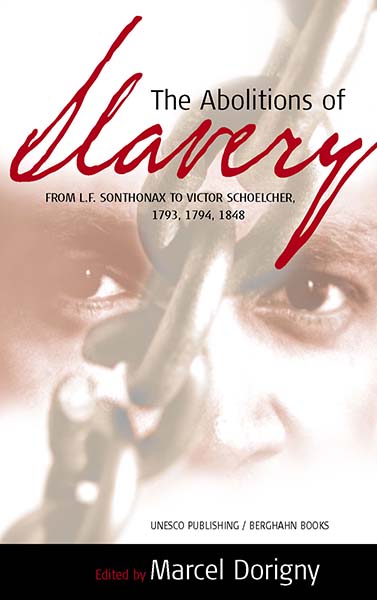 Published October 2003
Published October 2003 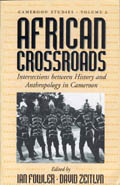 Published July 1996
Published July 1996 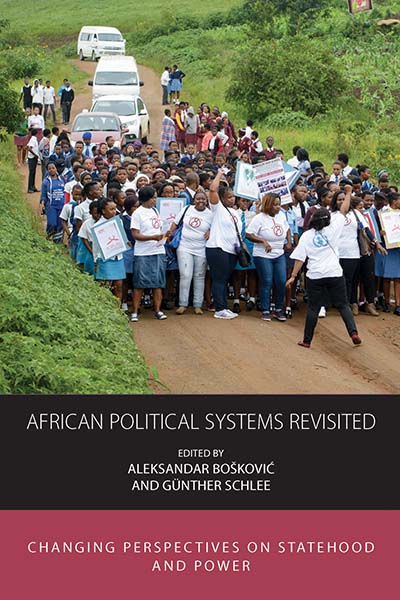 Published April 2022
Published April 2022 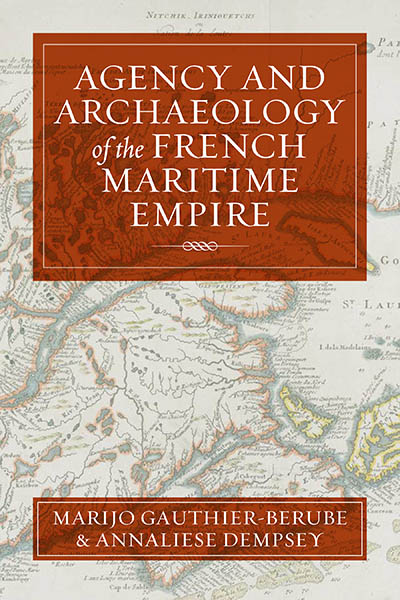 Published December 2023
Published December 2023 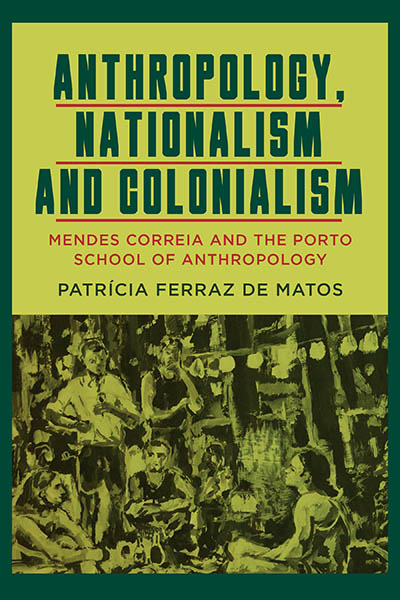 Published March 2023
Published March 2023  Forthcoming June 2026
Forthcoming June 2026 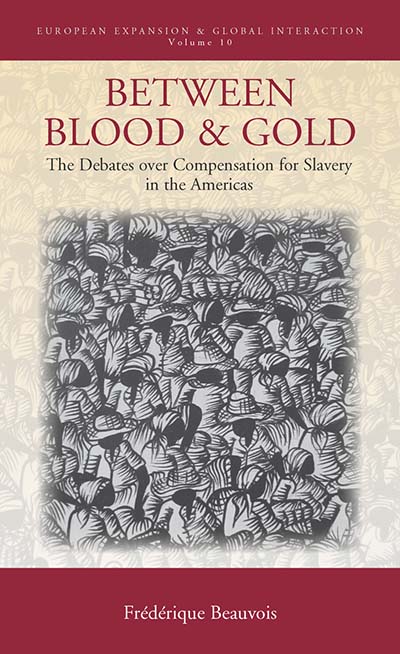 Published December 2016
Published December 2016 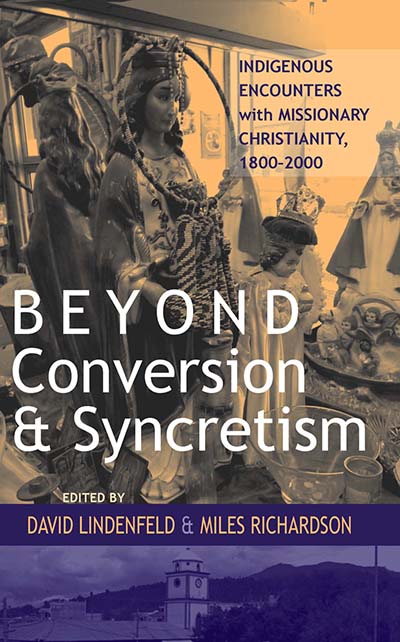 Published October 2011
Published October 2011  Forthcoming February 2026
Forthcoming February 2026 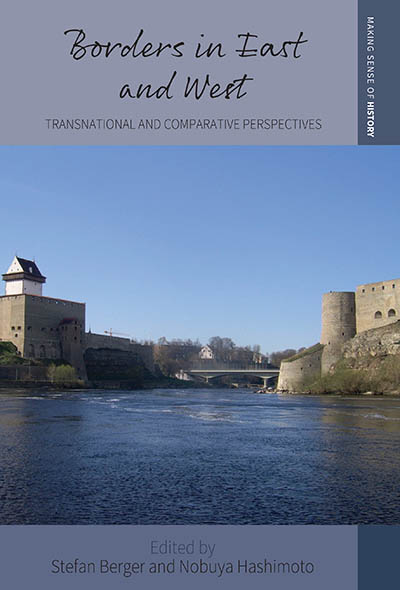 Published September 2022
Published September 2022 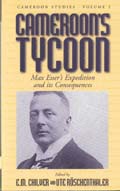 Published December 2001
Published December 2001 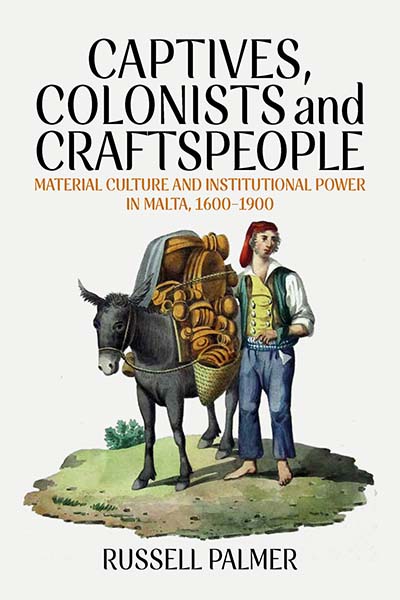 Published October 2020
Published October 2020 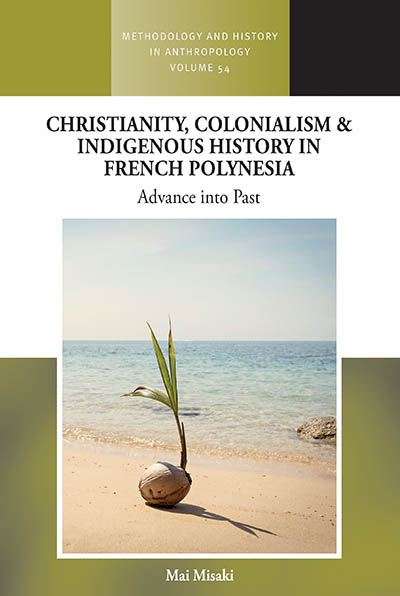 Forthcoming February 2026
Forthcoming February 2026 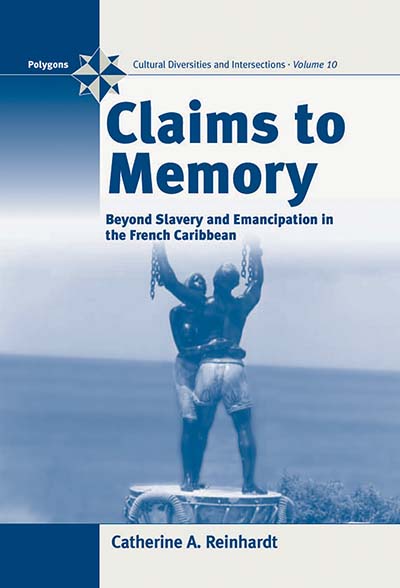 Published April 2006
Published April 2006 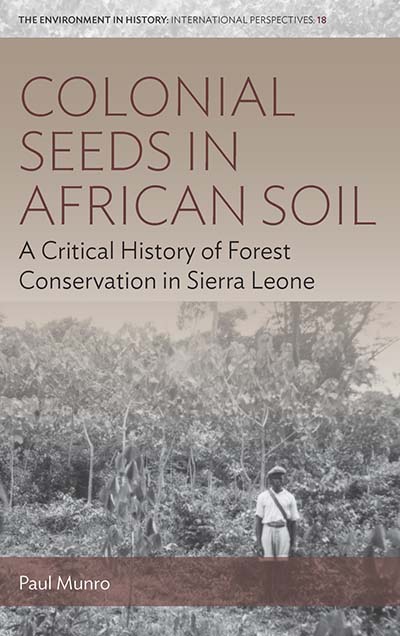 Published February 2020
Published February 2020 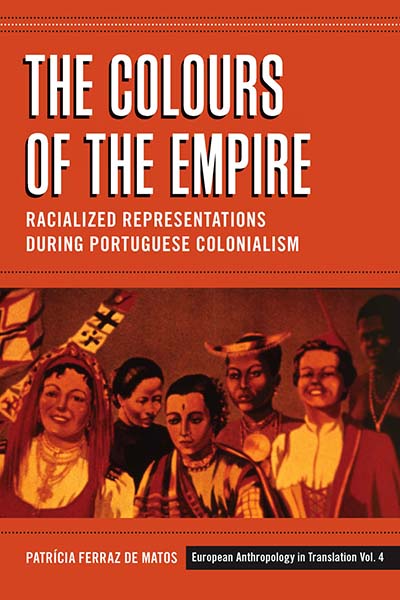 Published February 2013
Published February 2013 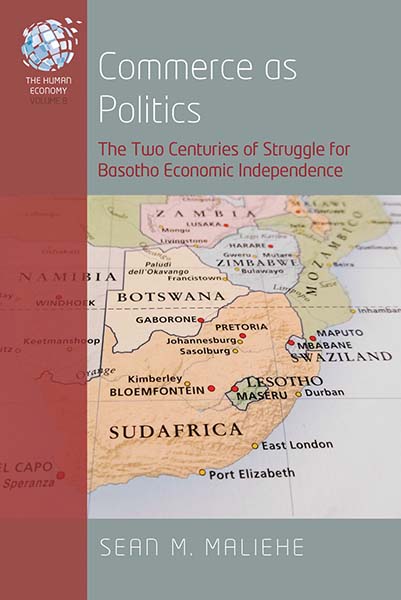 Published January 2021
Published January 2021 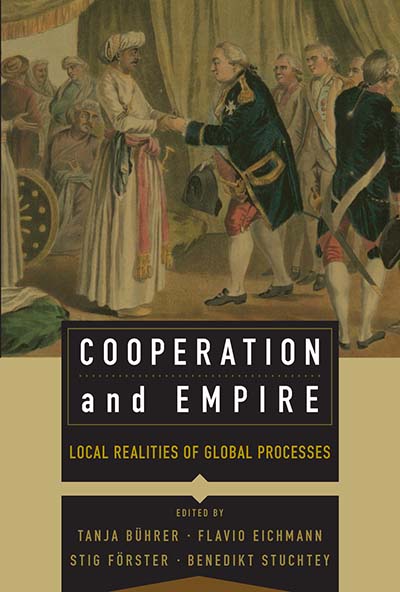 Published August 2017
Published August 2017  Published December 2024
Published December 2024 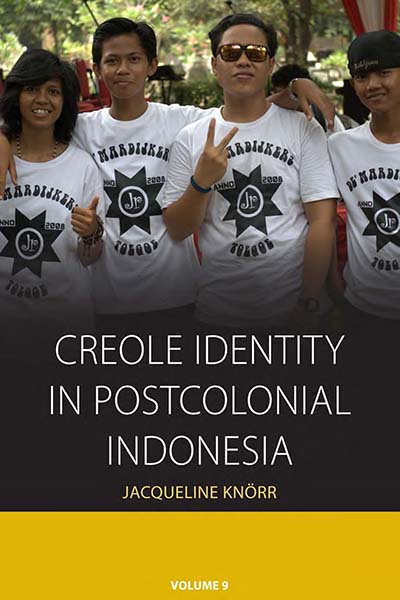 Published March 2014
Published March 2014 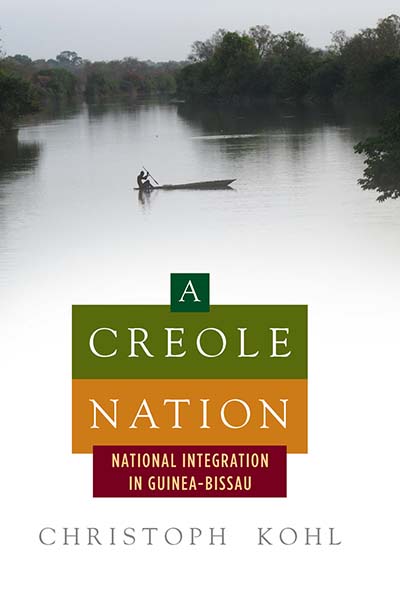 Published April 2018
Published April 2018 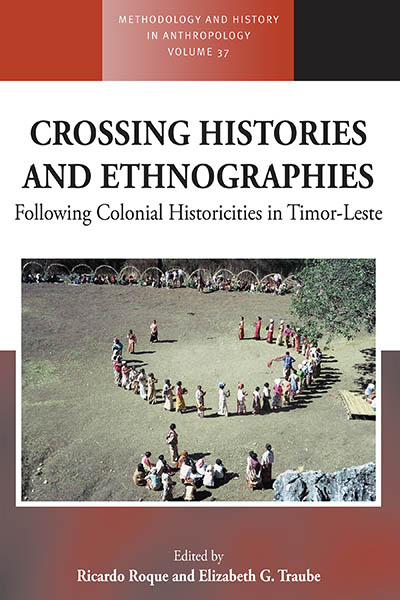 Published June 2019
Published June 2019 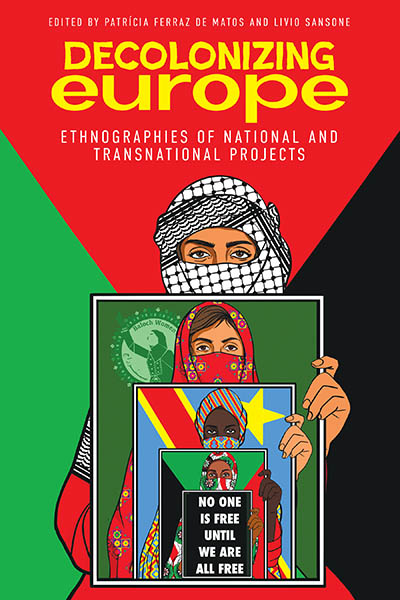 Published November 2025
Published November 2025 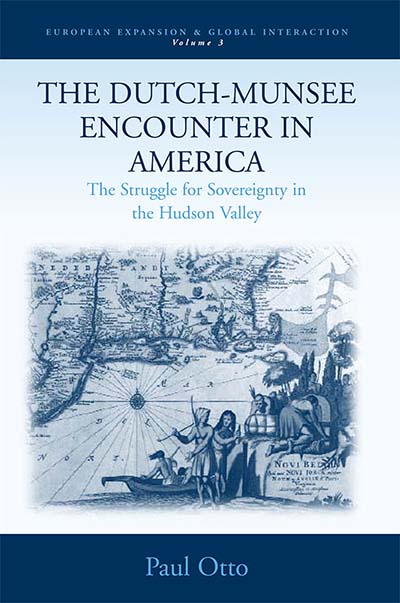 Published May 2006
Published May 2006 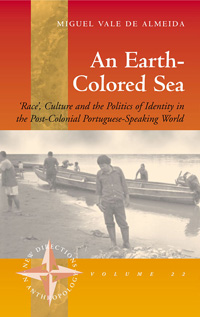 Published March 2004
Published March 2004 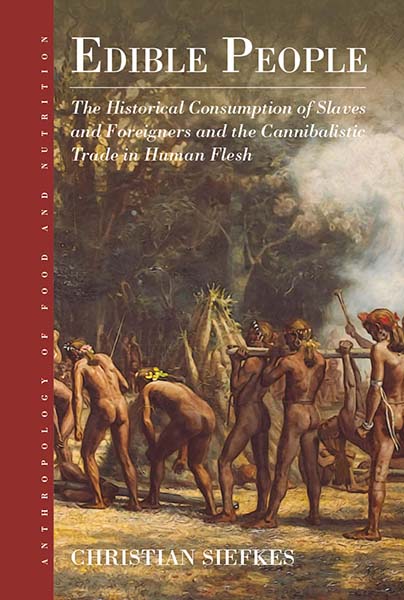 Published September 2022
Published September 2022 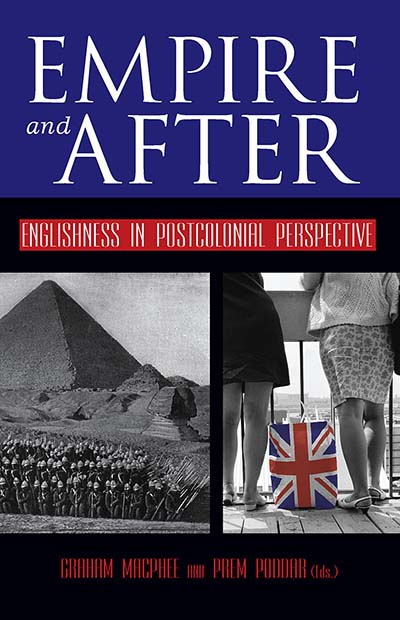 Published October 2007
Published October 2007 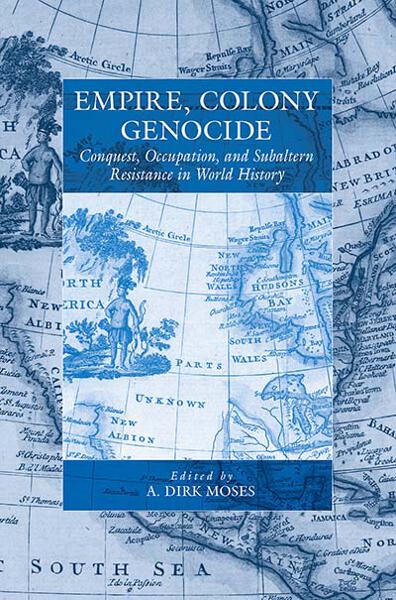 Published June 2008
Published June 2008 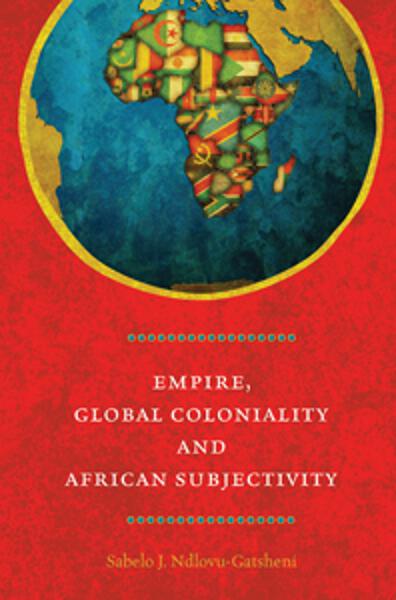 Published June 2013
Published June 2013 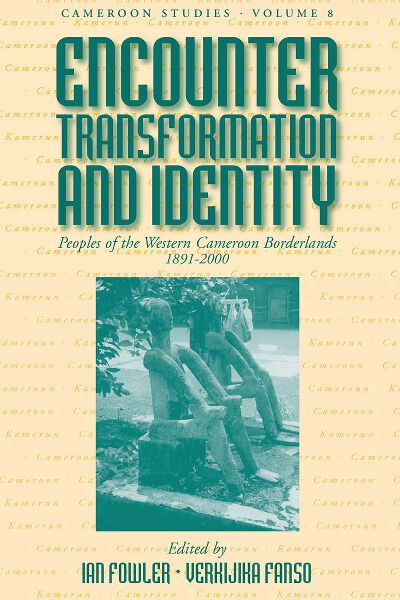 Published July 2009
Published July 2009  Published March 2025
Published March 2025 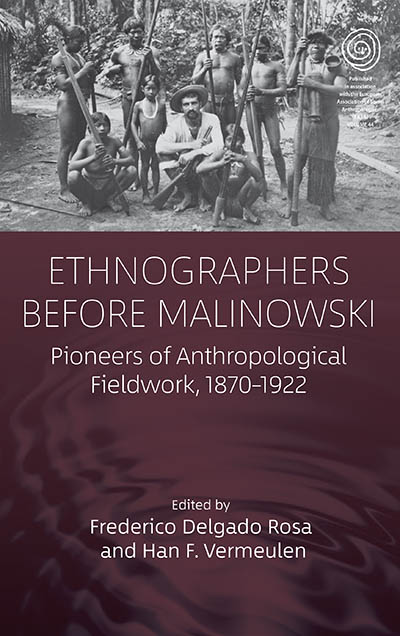 Published June 2022
Published June 2022 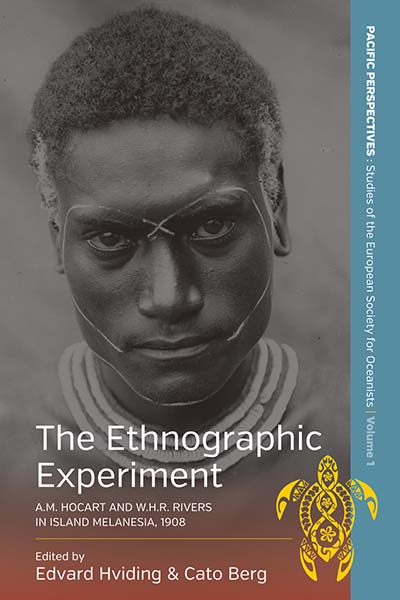 Published June 2014
Published June 2014 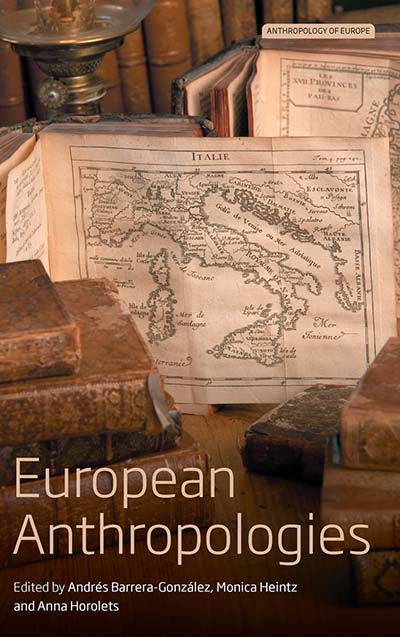 Published August 2017
Published August 2017 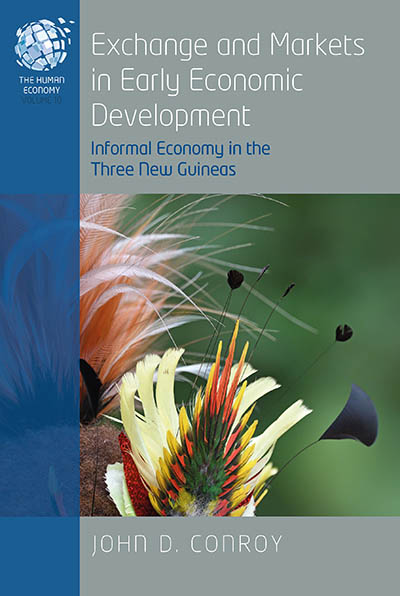 Published May 2023
Published May 2023 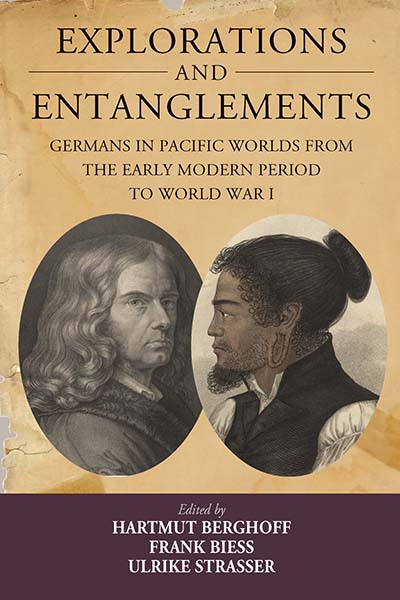 Published November 2018
Published November 2018 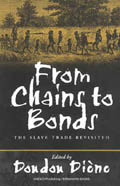 Published August 2001
Published August 2001 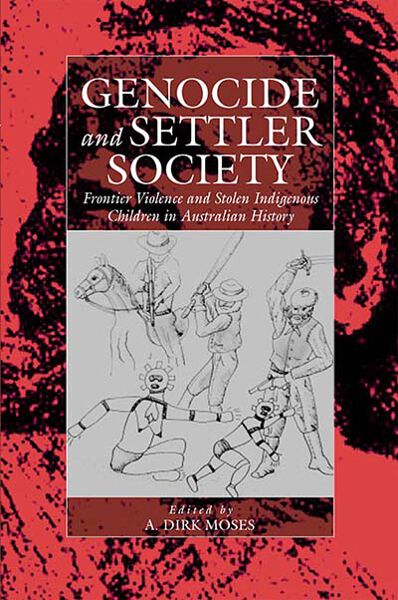 Published October 2004
Published October 2004 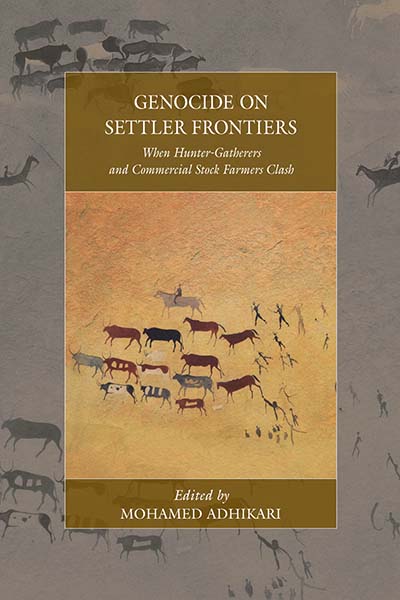 Published June 2015
Published June 2015 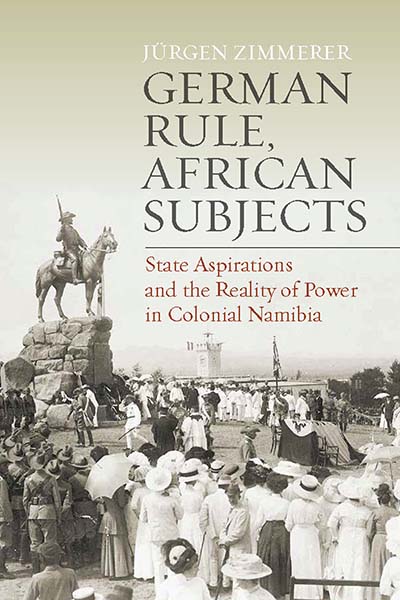 Published June 2021
Published June 2021 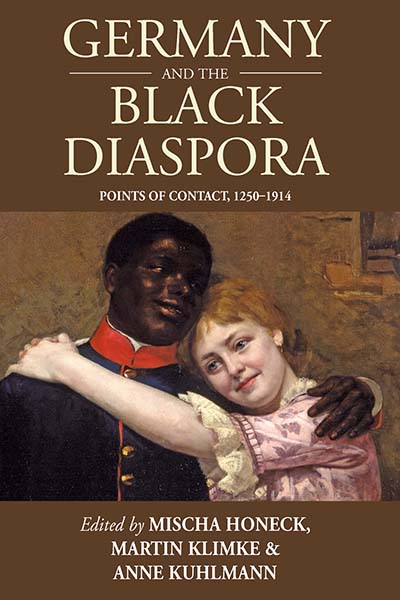 Published July 2013
Published July 2013 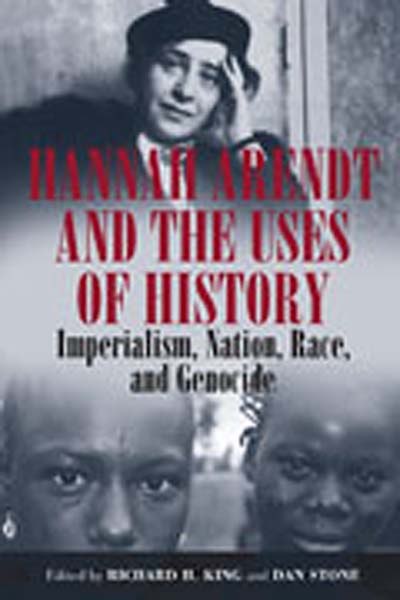 Published December 2007
Published December 2007 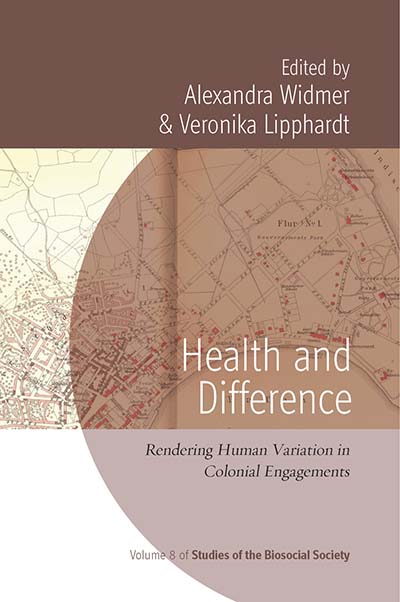 Published September 2016
Published September 2016 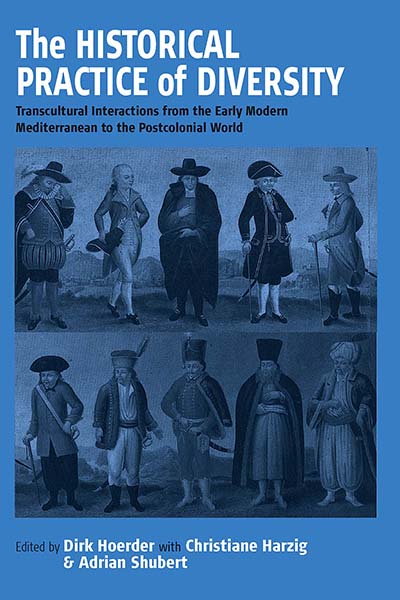 Published September 2003
Published September 2003 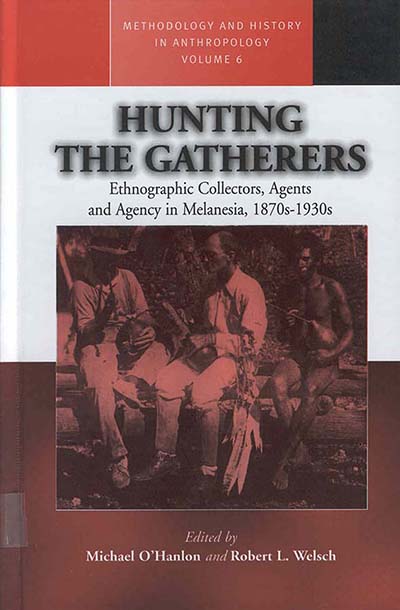 Published January 2001
Published January 2001 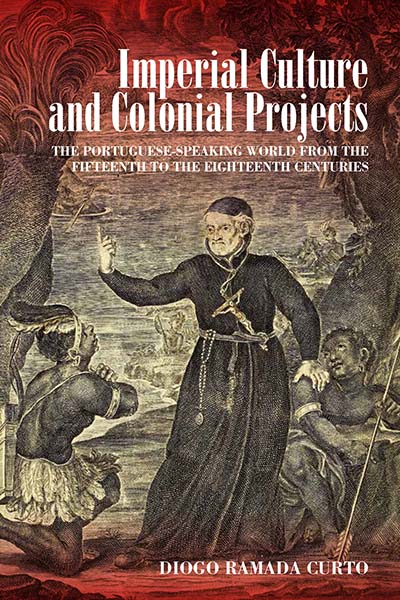 Published August 2020
Published August 2020  Published May 2015
Published May 2015 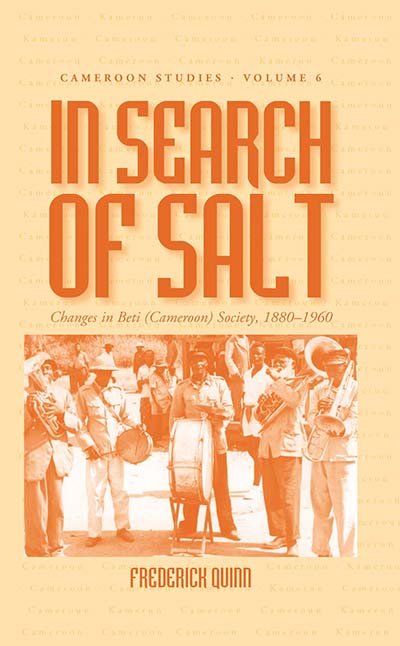 Published August 2006
Published August 2006 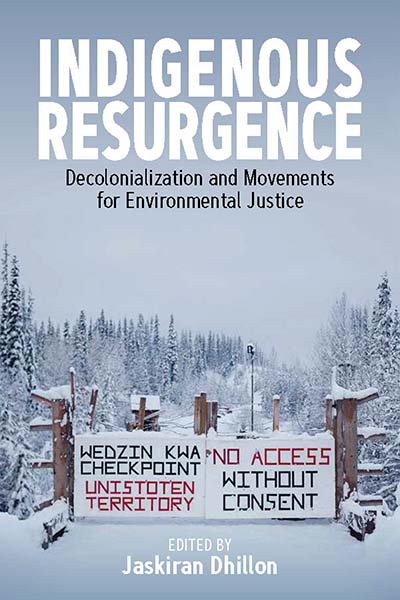 Published March 2022
Published March 2022  Published February 2025
Published February 2025 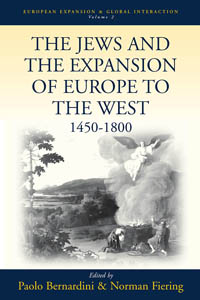 Published March 2001
Published March 2001 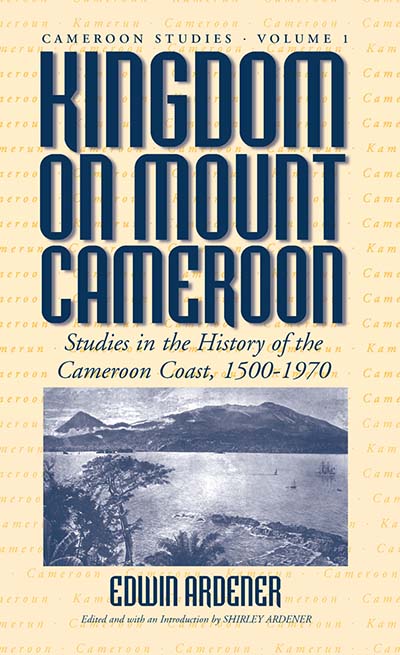 Published July 1996
Published July 1996 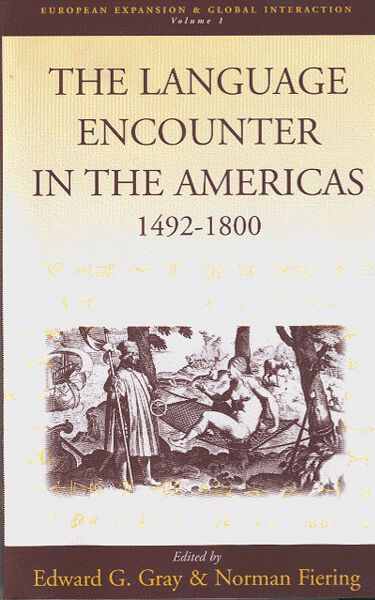 Published April 2000
Published April 2000 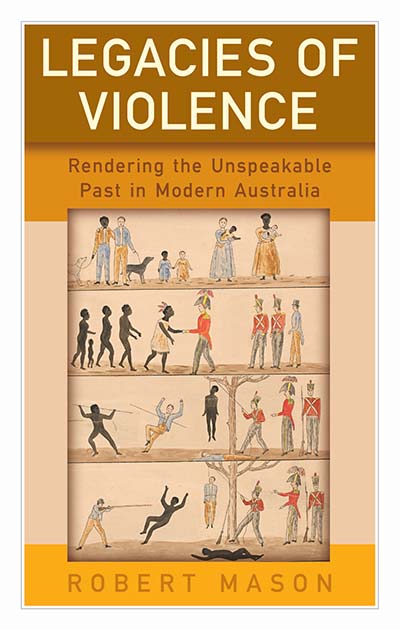 Published December 2016
Published December 2016 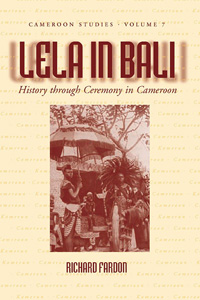 Published December 2006
Published December 2006 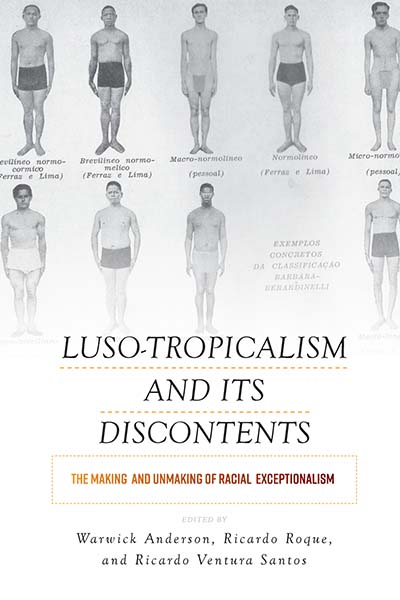 Published April 2019
Published April 2019 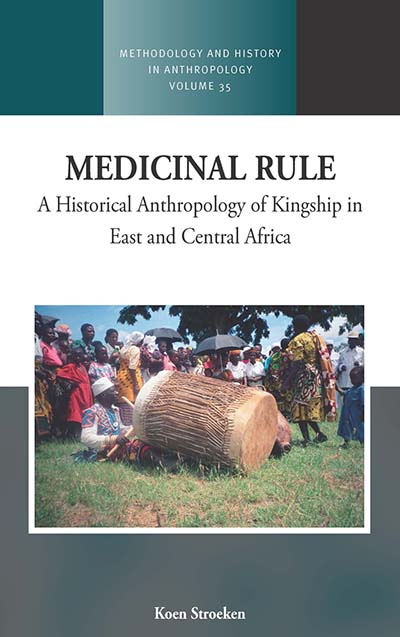 Published September 2018
Published September 2018 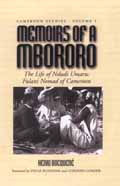 Published December 2002
Published December 2002  Published April 2021
Published April 2021 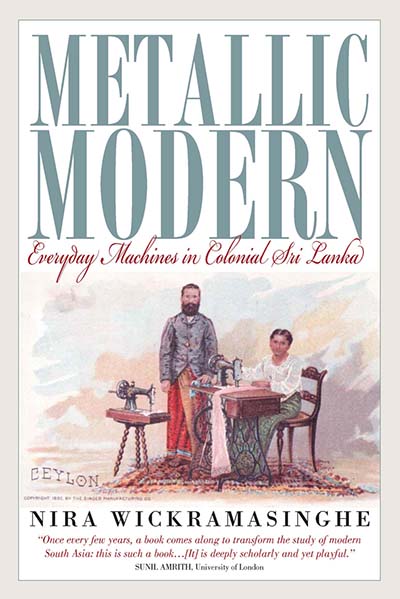 Published January 2014
Published January 2014 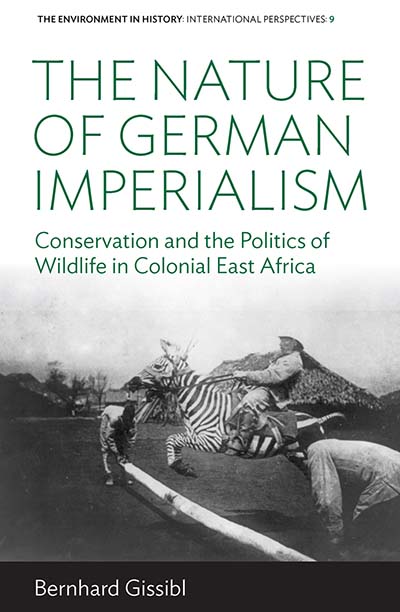 Published July 2016
Published July 2016 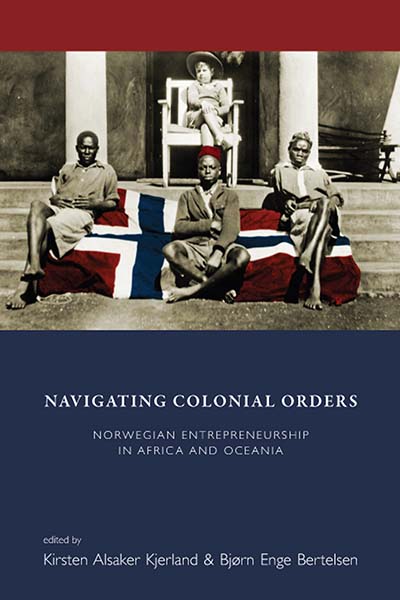 Published November 2014
Published November 2014  Published October 2025
Published October 2025 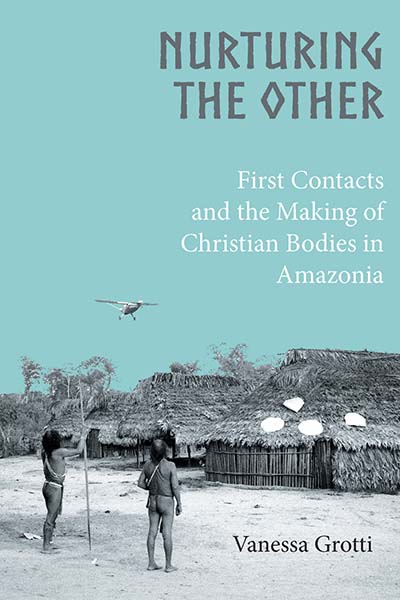 Published April 2022
Published April 2022 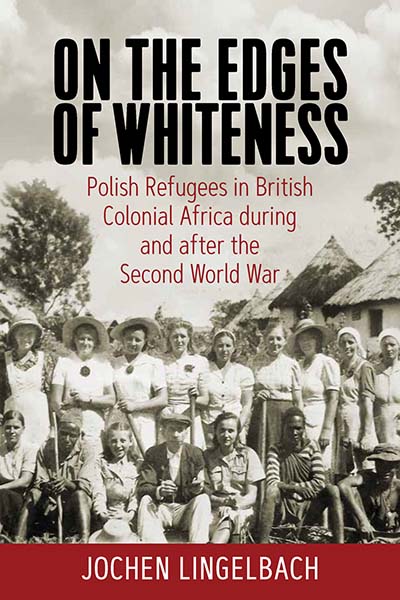 Published May 2020
Published May 2020  Published February 2013
Published February 2013 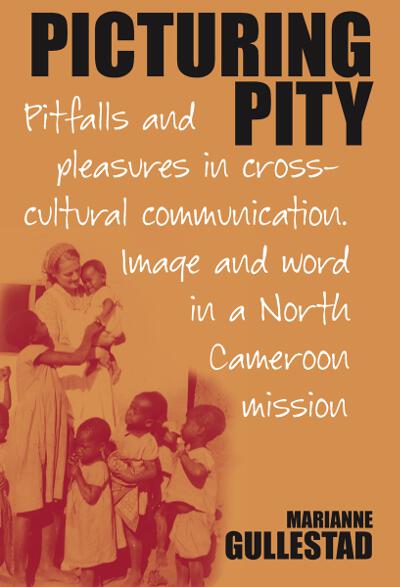 Published November 2007
Published November 2007 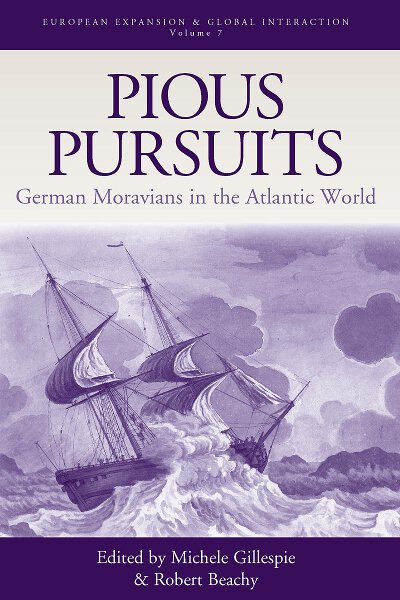 Published September 2007
Published September 2007 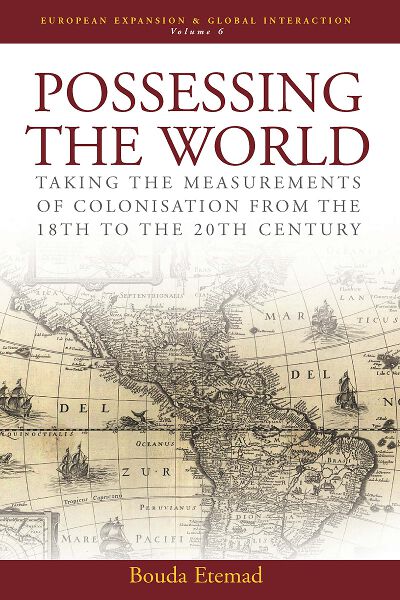 Published July 2007
Published July 2007 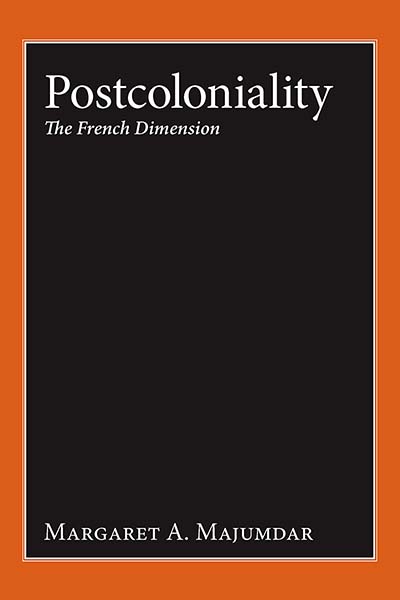 Published July 2007
Published July 2007 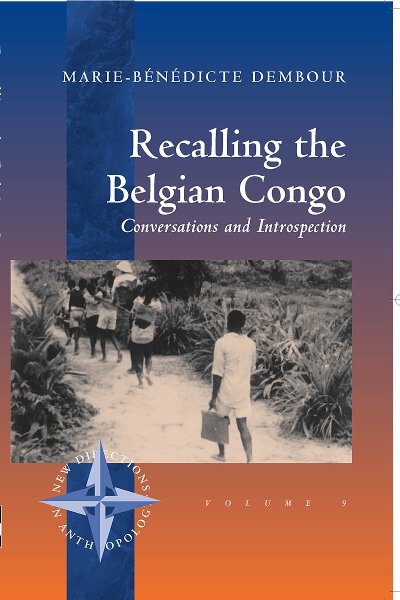 Published September 2000
Published September 2000 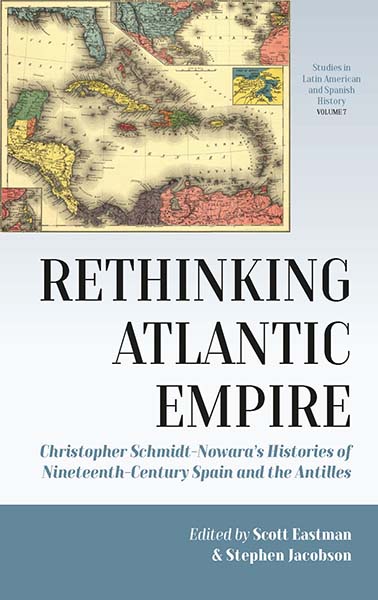 Published June 2021
Published June 2021  Published January 2003
Published January 2003 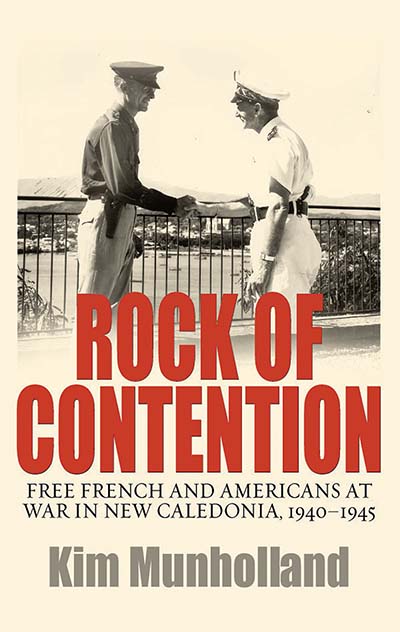 Published April 2005
Published April 2005 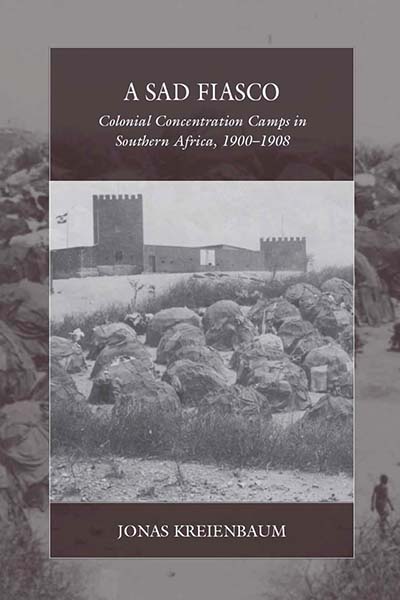 Published September 2019
Published September 2019 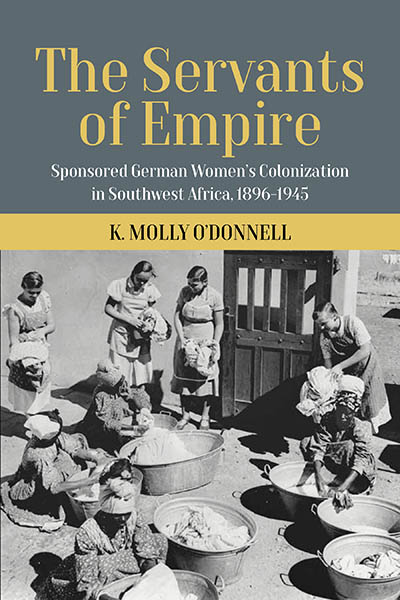 Published December 2022
Published December 2022 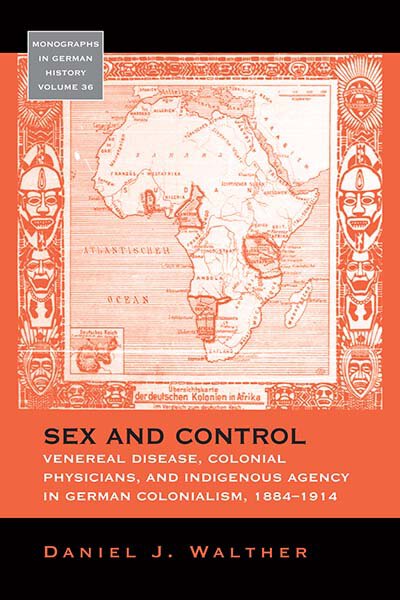 Published March 2015
Published March 2015 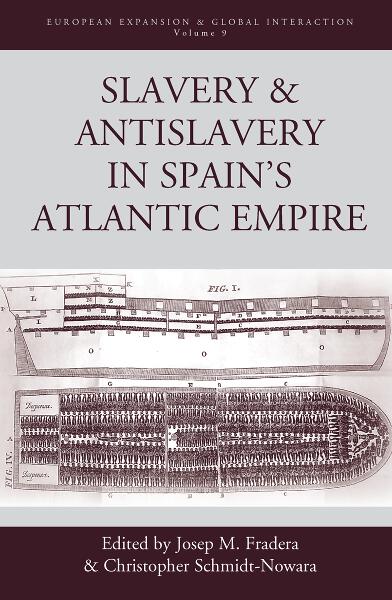 Published June 2013
Published June 2013 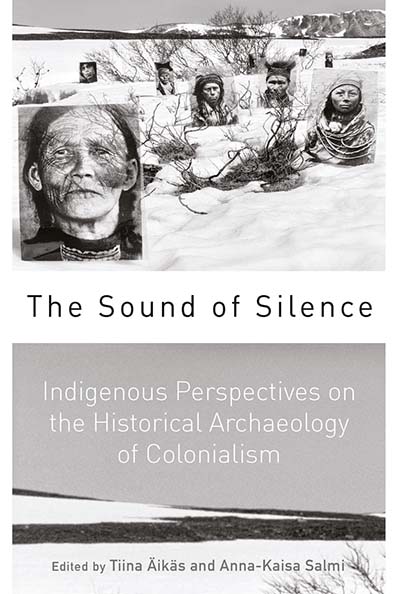 Published September 2019
Published September 2019 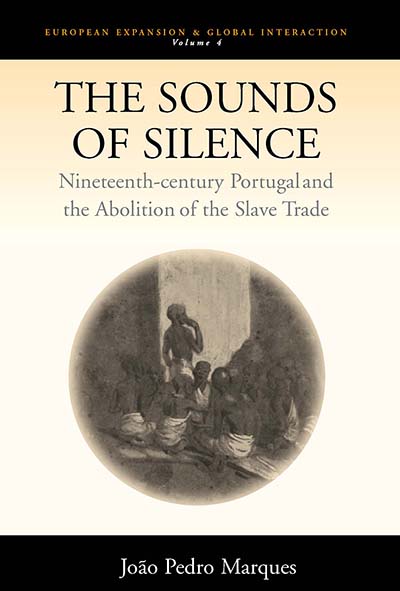 Published January 2006
Published January 2006 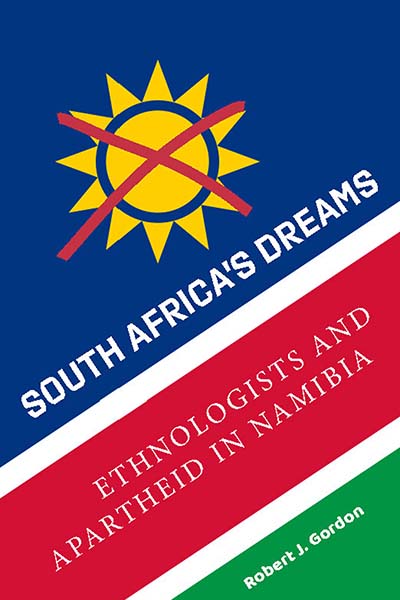 Published February 2021
Published February 2021 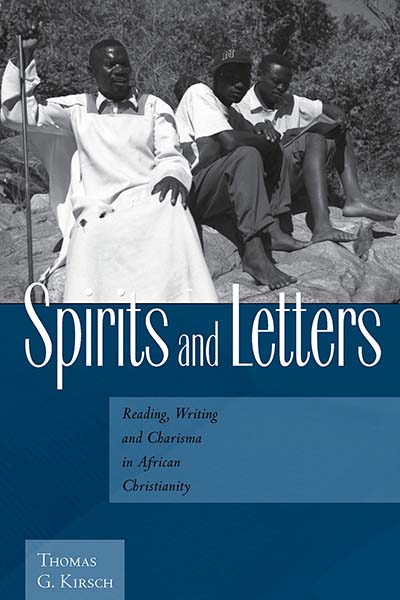 Published May 2008
Published May 2008 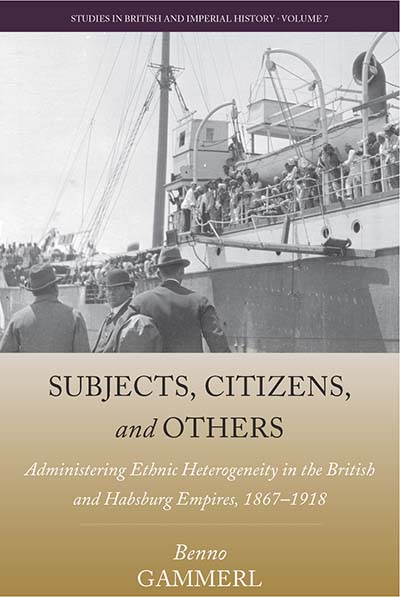 Published November 2017
Published November 2017 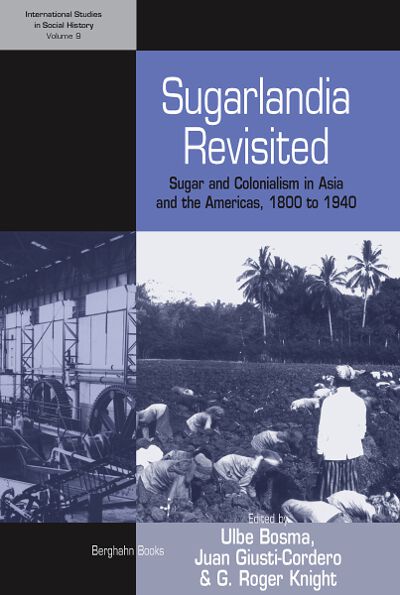 Published October 2007
Published October 2007 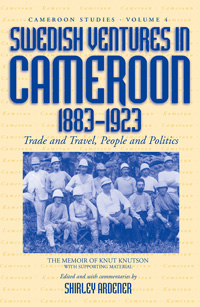 Published August 2002
Published August 2002  Published August 2022
Published August 2022  Published March 2025
Published March 2025 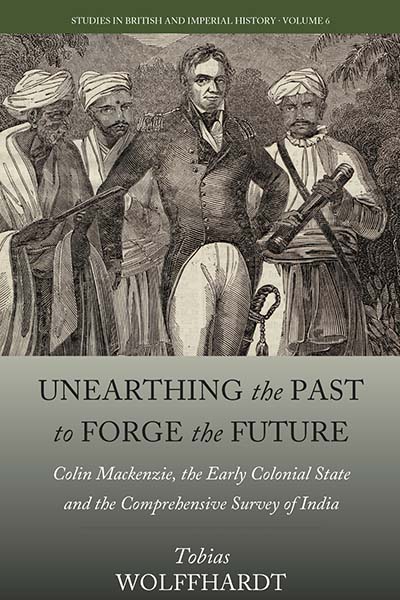 Published October 2017
Published October 2017 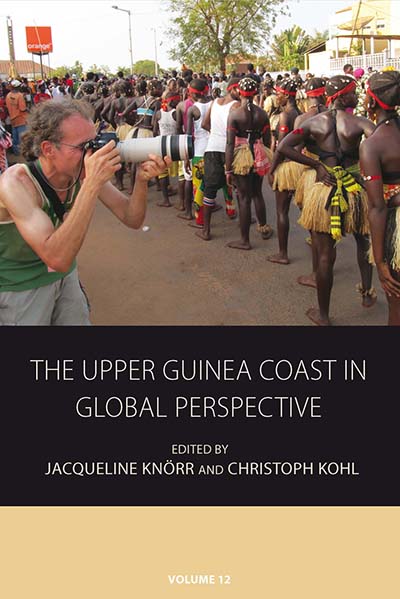 Published February 2016
Published February 2016 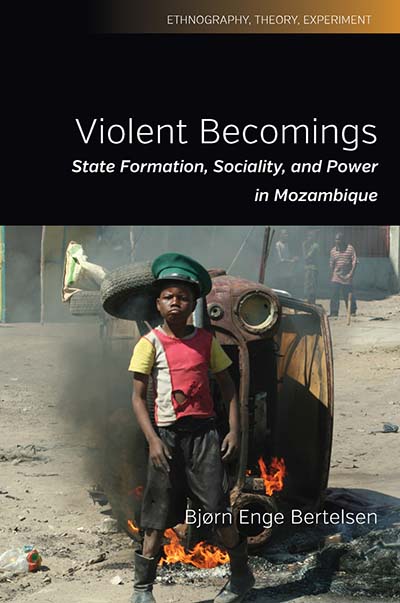 Published August 2016
Published August 2016 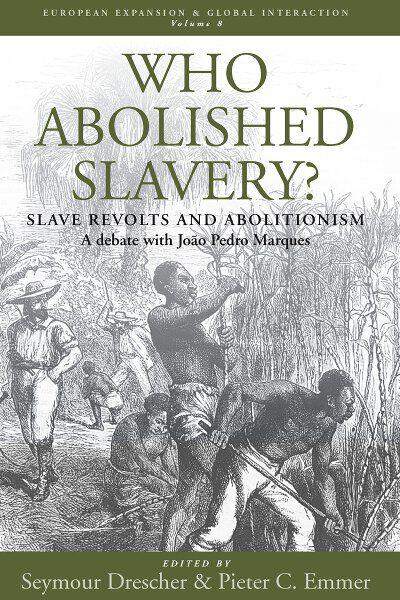 Published February 2010
Published February 2010 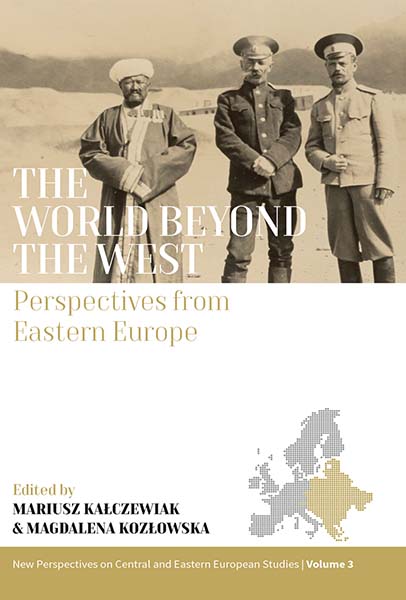 Published March 2022
Published March 2022 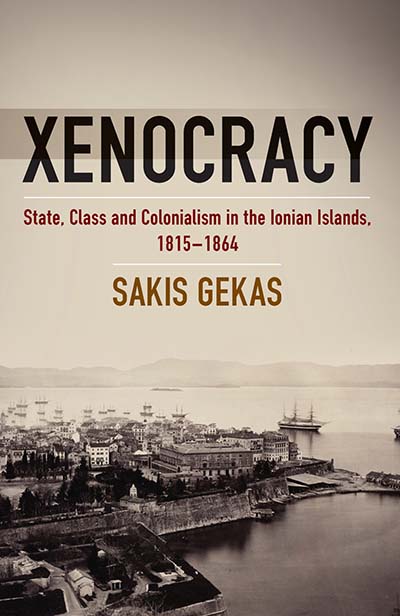 Published December 2016
Published December 2016